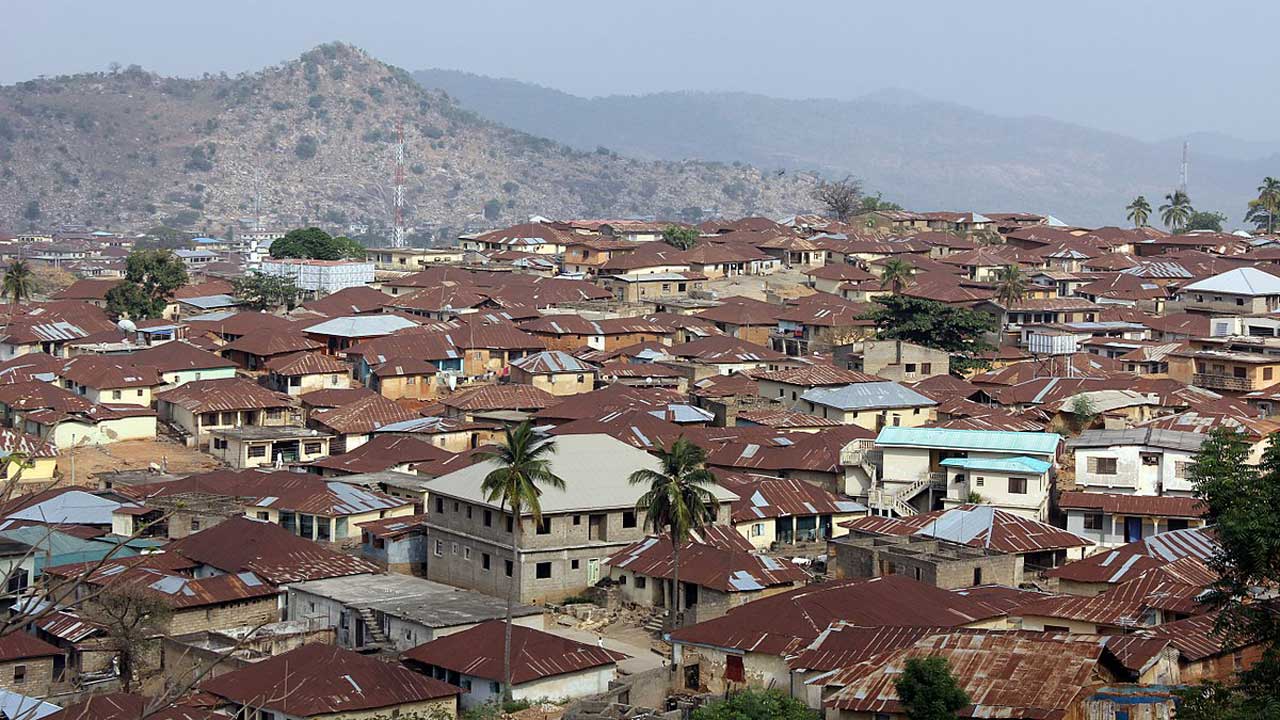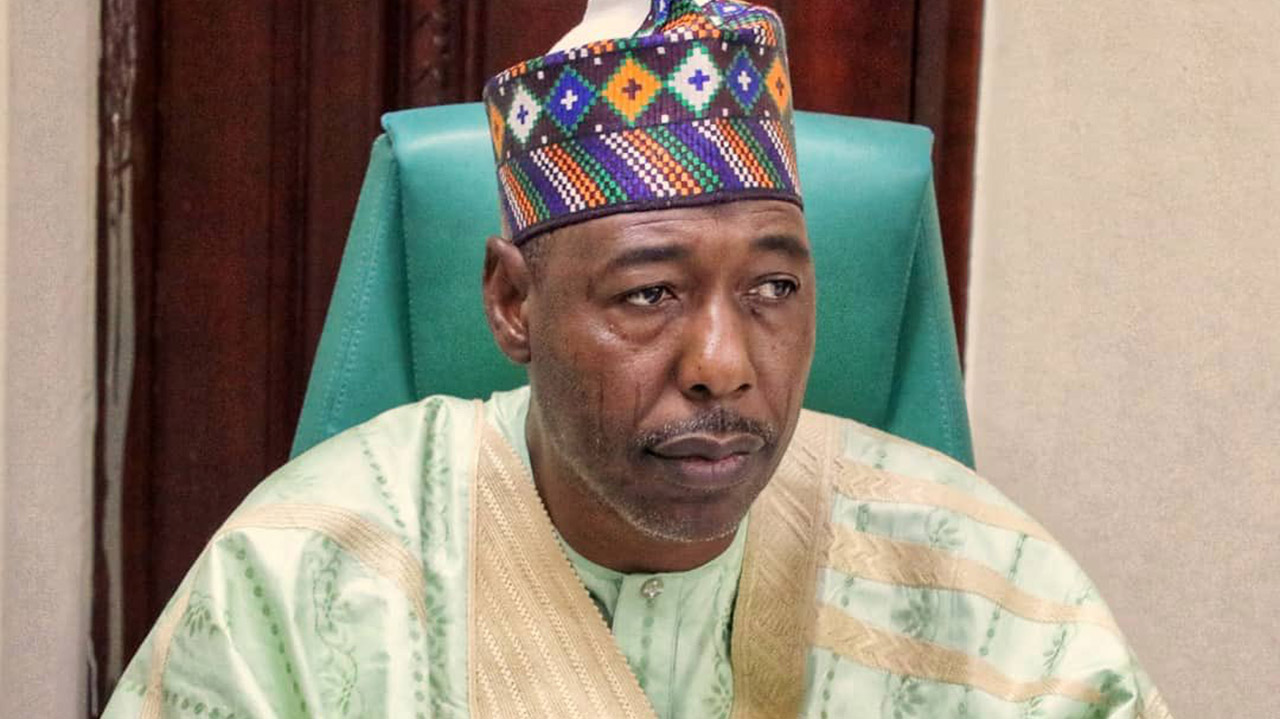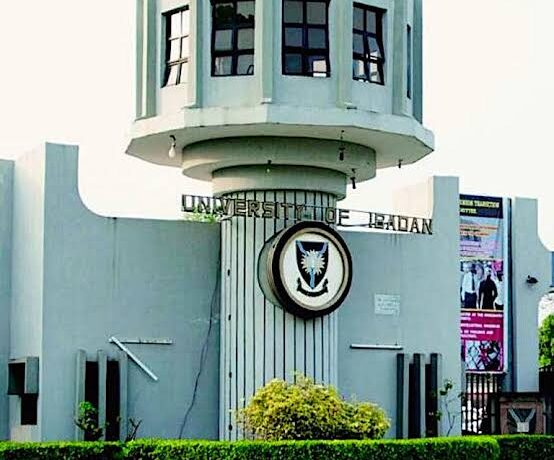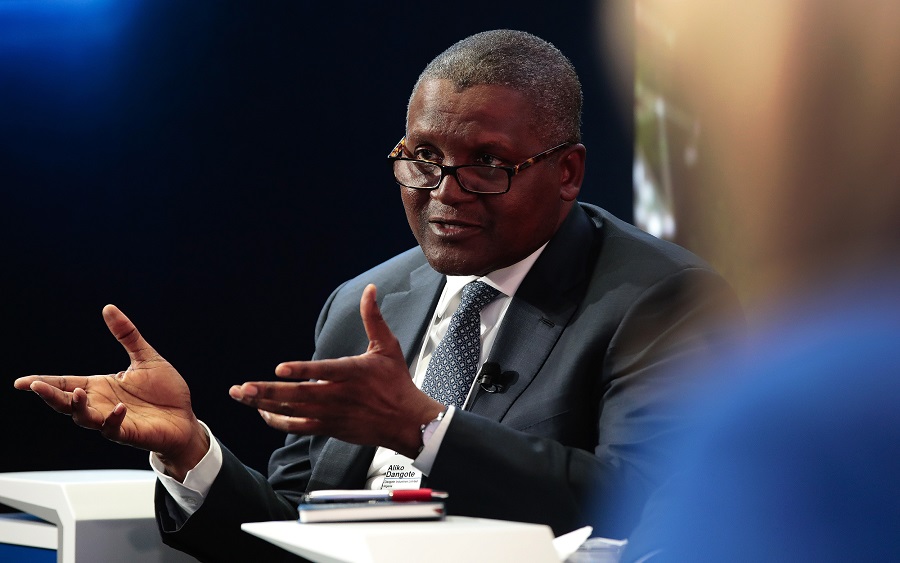IGALA-HAUSA/FULANI RELATIONS: PAST, PRESENT AND WHAT FUTURE? (1818-2018)

By Michael Achile Umameh, PhD
The Igala mega-state reached the zenith of its powers in the early 17th century under the astute leadership of Attah Ayegba Idoko. Through tactical military maneuvers and colonial conquests, diplomacy and innovation, wealth creation, administrative acumen, mastery and domination of the river Niger waterways, and complex treaties, the Igala territorial expansion reached its peak. The Igala territory by the early 18th century covered, in the eastern boundary, from Nsukka through some part of Onitsha, down to Okpanam a few miles from Asaba in Delta state. In the northern flank, Panda, Igu (present-day Koton Karifi), Kakanda as far as the Bussa rapids in Niger State were under Attah’s control. Some other Igala imperial outpost spanned from Agatu to the Idoma territory of Etteh. According to oral tradition, Ebira ancestry is linked with Igala. Ohimnagedu (most likely prince Ohiemi Negedu) established the first Ebira chiefdom at Panda and was given the royal staff by Attah. Igala provided leadership and a pattern of kingship system. The majority of the Anebira are of Igala descent. Other groups of Anebira can be found in Edo State (Ebira – Etuno), Abaji (Ebira – Koto), Nasarawa State (Ebira – Toto).
The Nupe of Niger state traces their origin to the Igala as well. Igala kingdom was a hub of confluences of culture and political systems, it was a major exporter of indigenous technologies and boat building; it had perfected river navigation and its vantage location made it an indispensable partner in all trade across the river Niger. Thus, the trade routes through the Igala kingdom were the economic arteries linking north to south. The cultural sensibilities and political organization of the span of this territory were wholly of Igala origin (Ukwede, 2003; Forde, Brown, & Armstrong, 1955; Idakwoji, 2014).
In the 1830s, the Sokoto Caliphate also reached its zenith of power. By1852 Fulani Toucouleur leader al-Hajj ‘Umar launches Jihad along Senegal and upper Niger river to establish Islamic state. Fulani merchants, Qur’anic teachers, medicine men became heralds of the jihadists in the so-called middle belt region and within the Igala kingdom. Eventually, the Fulani jihadists started contracting the northern part of the Igala imperial power and territories.
The testimony of history suffices here:
“Further north, just below the confluence, Igala was reckoned the most important local power. The Attah Igala was also in a difficult political position. In addition to internal problems, he was threatened by the power of the Fulani empire, which reached down through Zaria to Benue and through Nupe to Niger. Fulani raiders even appeared from time to time in Igala territory” (Curtin, 1973, p. 462; cf. Dike, 1956).
By1824, Ilorin had fallen to the Jihadist conquest, Igu a vassal state of the Igala Kingdom was sacked and burnt in 1833, and finally fell in 1860, but mainland Igala kingdom was well-defended and never conquered. This led to the influx of refugees, the Bassa Nge and Bassa Komo were the largest of these groups. In the 1870s, Ata Okoliko Onuche eventually ceded the northernmost part of Dekina and Omala to the Jihad fleeing Bassa, as cities of sanctuary and asylum. The previous gains of so vast a territory were to become Igala kingdom’s Achilles’ heel. These Fulani invasions led to the reconfiguration of the Igala vassal states on the fringes of the Kingdom and the human landscape in the Igala kingdom. A large number of people were taken captives, others fled their homes, and refugees relocated to safer grounds. This is the historical ground of the precolonial Igala suspicion of any form of Hausa/Fulani occupation of Igala land. Prior to this, oral history holds that Attah Ayegba had invited Hausa men of war and charm makers from Bebeji in Present-day Kano to Idah in view of the looming war with the Jukun. There are many Igala today in Idah and Ankpa who are of Hausa descent and trace their origin from Kano itself. This was before the birth of Hausa-Fulani hegemony and Islamic imperial imagination of conquest of the whole of present-day Nigeria.
In contemporary approximation, Igala kingdom at its summit in the 1830s covered the entire present-day Kogi state, parts of Niger state, Nasarawa, Benue, Enugu, Anambra, Delta, and Edo states. The Igala kingdom too large for any unifying central control, bedeviled by irreconcilable internal rifts, weakened by the loss of economic power, eventually fell to the canons of the British colonial empire in the early 19th century. The British were to eventually outsource the business of colonization to the Hausa/Fulani sub-colonials who ruled with an iron fist and enforced an Islamic-toned Hausa-Fulani civilization (Ochonu, 2014). This resulted in a Hausa/Fulani bureaucracy driven at the grassroots by thousands of Hausa chiefs, scribes, tax agents, and local allies who implemented the colonial agenda laced with Hausa/Fulani expansionist imperial vision and imagination.
The core mandate was to Islamize kingship institutions and personnel of the caliphate to perform a sort of civilizing role among the Igala. Over time, a small number of Fulani settled and intermarried in Igala towns like Ankpa, Dekina, Idah, and Anyigba. Until very recently the Chief Imam of Anyigba was always of Hausa-Fulani descent (Mohammed, 2014; Abdulkadir, 2011). The indirect consequences were the Mahionu war of 1916-17, partitioning of Igala kingdom, Attah Aame Oboni accepted Islam and eventually was deposed in 1956 for his type of Islam was held suspect in the North, and he snatched victory from throats of shame and colonizers and their collaborators by committing suicide to secure the Attah stool for his progeny (Okwoli, 1973; Yerima, 2005). Ameh Oboni remains today a great lesson in the history of heroism, greatness, sacrifice, and resistance. By early November 1956, Prince Christopher Ocheja Otulukpe Obaje, overwhelmingly supported by the Northern regional government was fully Islamized and haphazardly installed as HRM Alhaji Aliyu Obaje. So too was the Ejeh of Ankpa. The Hausa/Fulani caliphate was seen to be succeeding. With the onset of Independence, and the hangover of the hegemony of the Hausa-Fulani oligarchs, the contested Hausa-Fulani ideological construct became a major driving force of a renewed attempt at implementing the imperial vision of conquest and domination of Igala land. Hausa-Fulani is much more than a language.
In 2013, HRH Idakwo Michael Aame-Oboni wrestled his right of enthronement and is regaining some grounds of Igala self-determination. Igala is seen to be winning. As caveat emptor; I am a Nigerian, I do not subscribe to the limiting tendencies of being rather a member of ethnic groups than members of a strong united country. Until my Igala nationalistic aspirations coincide with the Nigerian dream for me: I remain, Igala First. As Elie Wiesel political activist, Nobel Laureate, and Holocaust survivor puts it very aptly “We must always take sides. Neutrality helps the oppressor, never the victim. Silence encourages the tormentor, never the tormented. Sometimes we must interfere. When human lives are endangered when human dignity is in jeopardy”. In this piece, I take side with the evidence of history, I take side with the intimidated, suffering, murdered people of the Middle belt and Nigeria, I take side with all the minority groups that are constantly butchered and trampled upon with no one to speak for them. I take a side, particularly with the Igala nation.
The middle belt, where the Igala kingdom sits (politically: north central) with other clusters of multi-ethnic nationalities lie between the core northern states, predominantly and ideologically Hausa-Fulani and the southern region, largely Igbo-Niger Delta language groups. These interacting geographic belts and regions have over the century become tectonic plates of culture, politics, and religion perpetually grating at each other with royal myths, inherited mutual colonial suspicions, and negative stereotypes. The primordial instinct for domination and control by these ethnic nationalities is still seething beneath the professed modernity of the Nigerian state. This brief historical and geographical positioning is necessary to enable deeper understanding and proffer a robust solution to the hydra-headed incessant tension and vicious cycle of mutual killings, especially in the middle belt. And beneath all these is the inherited colonial legacy of violence as a tool of domination, resistance, and control (Falola, 2009).
Nigeria as a multi-ethnic entity must move towards a restructuring that empowers and protect the minorities from perpetual marginalization, regional bullying, and domination of the majority.
Arise, O compatriots!
Igala First!



